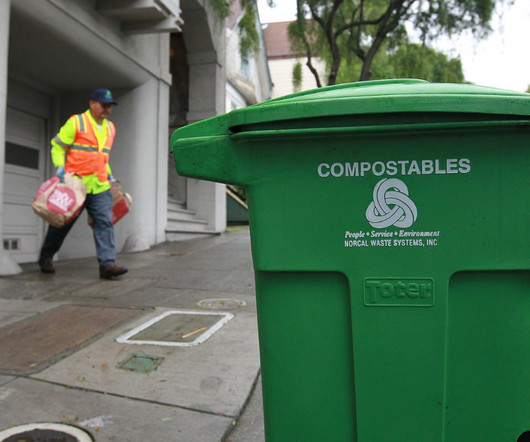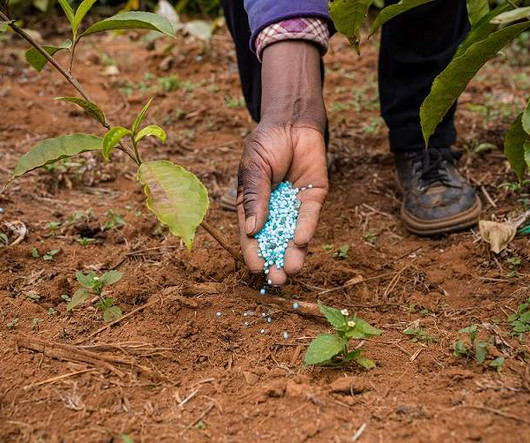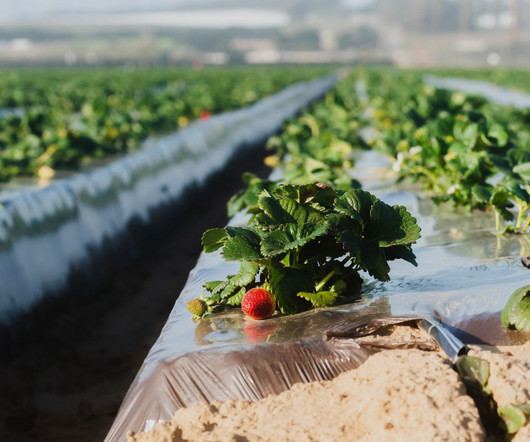Should Bioplastics Be Allowed in Organic Compost?
Civil Eats
APRIL 29, 2024
It helps increase yields and the nutrient content of crops, reduce synthetic fertilizer use, and improve soil health and water retention, among other benefits. The USDA’s National Organic Program (NOP) currently requires compost to be derived from plant and animal materials, such as manure, food scraps, leaves, and straw.












Let's personalize your content